Imaginings
stories, creative nonfiction, poetry, and other imaginative accounts of the natural world
-
Overcoming the Fear Factor: Teaching and Learning about Insects and Biodiversity
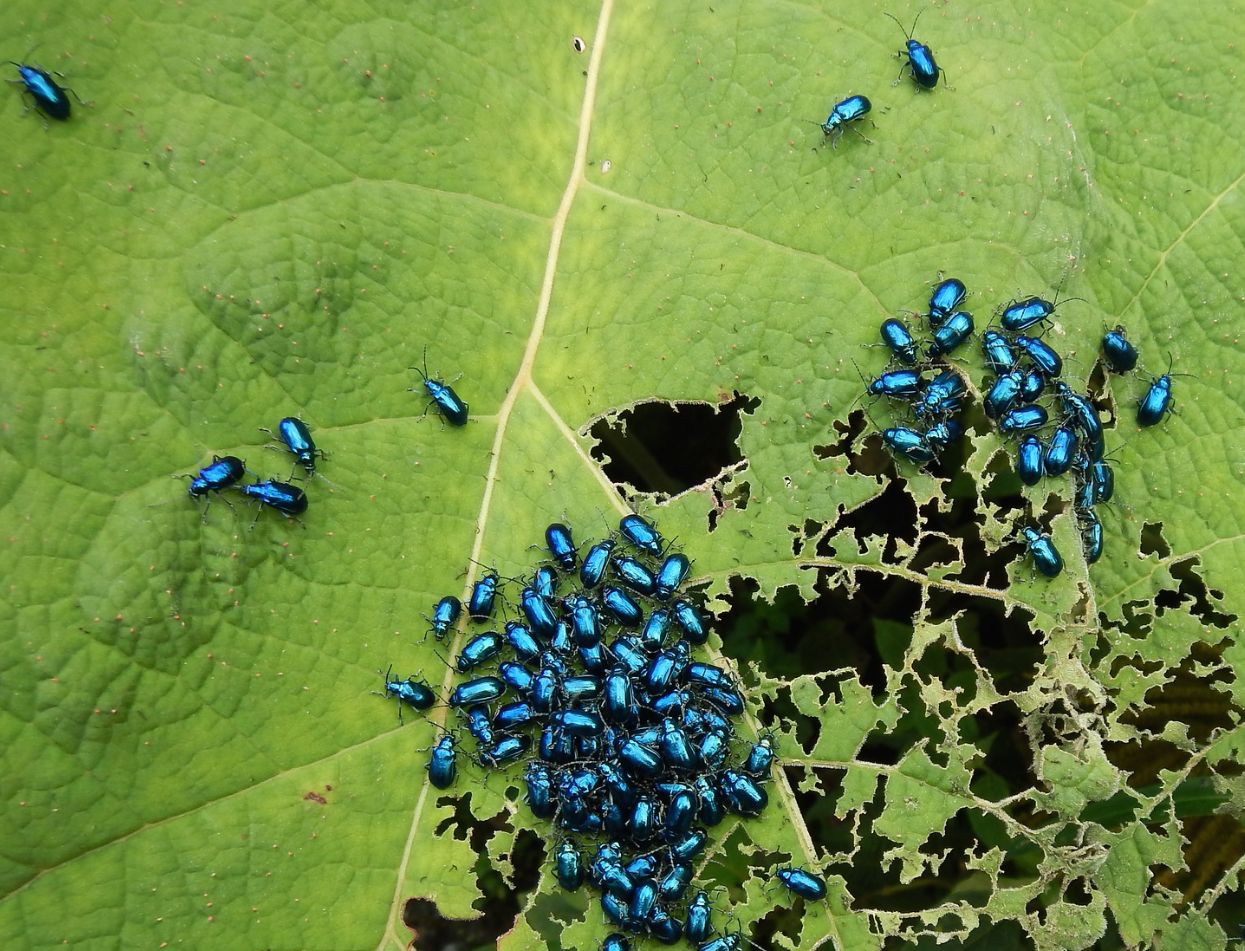
By Tony Weis Insects have fascinated Nina Zitani for as long as she can remember. She vividly recalls making her first bug collection at age five, and searching for insects and other arthropods in her backyard and nearby forests in Moorestown, New Jersey, throughout her childhood.
-
Mosquitopia Part 1: Killing Mosquitoes? The Pros and Cons
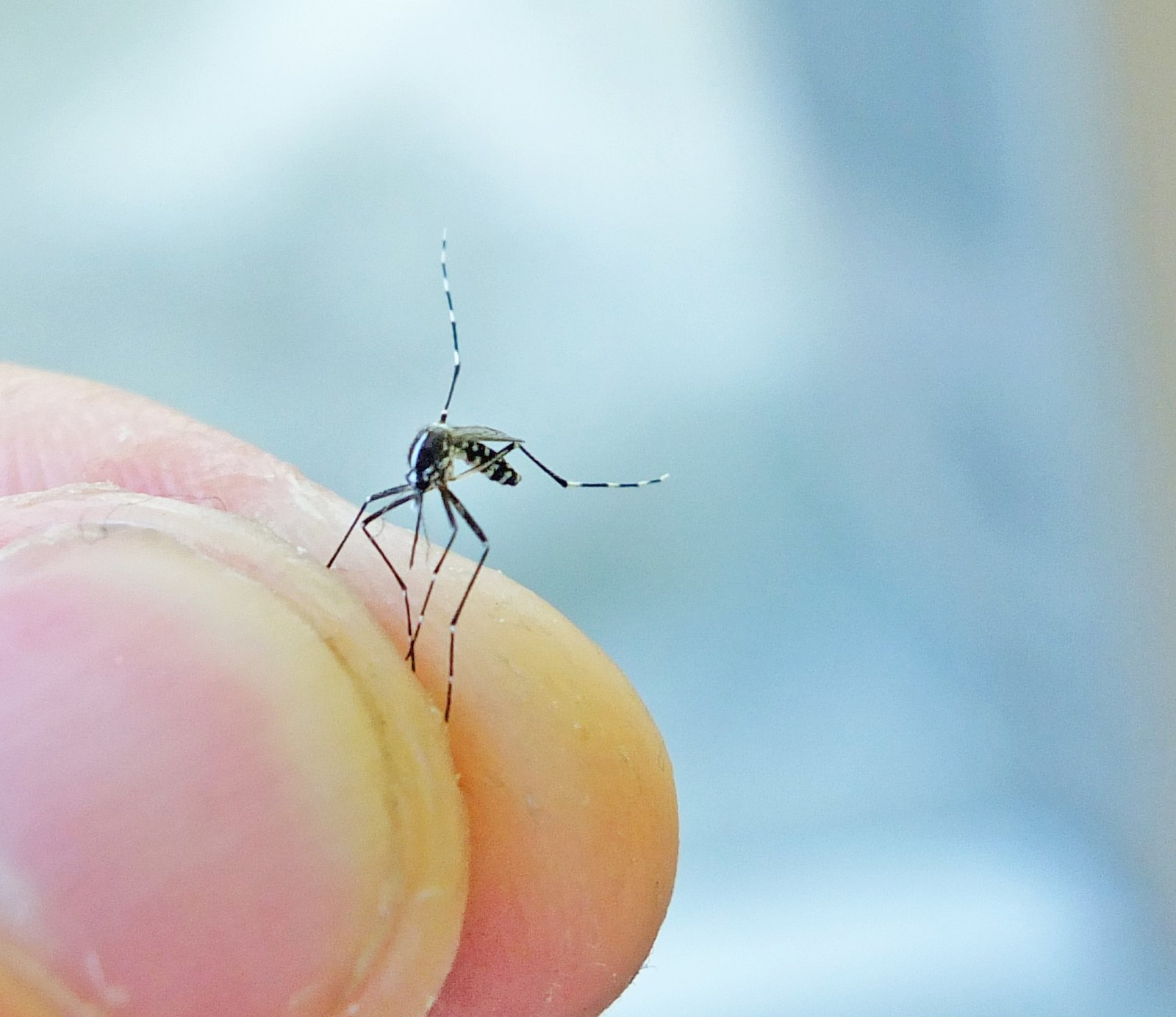
By Marcus Hall and Dan Tamir Global warming is ushering us into a new mosquito epoch. Ready or not, mosquitoes are coming faster than before; both indigenous and non, disease-carrying and not, human-biting and not. What are we to do with these buzzing creatures, and what has already been done with them?
-
Insect Profile: Asian Tiger Mosquito
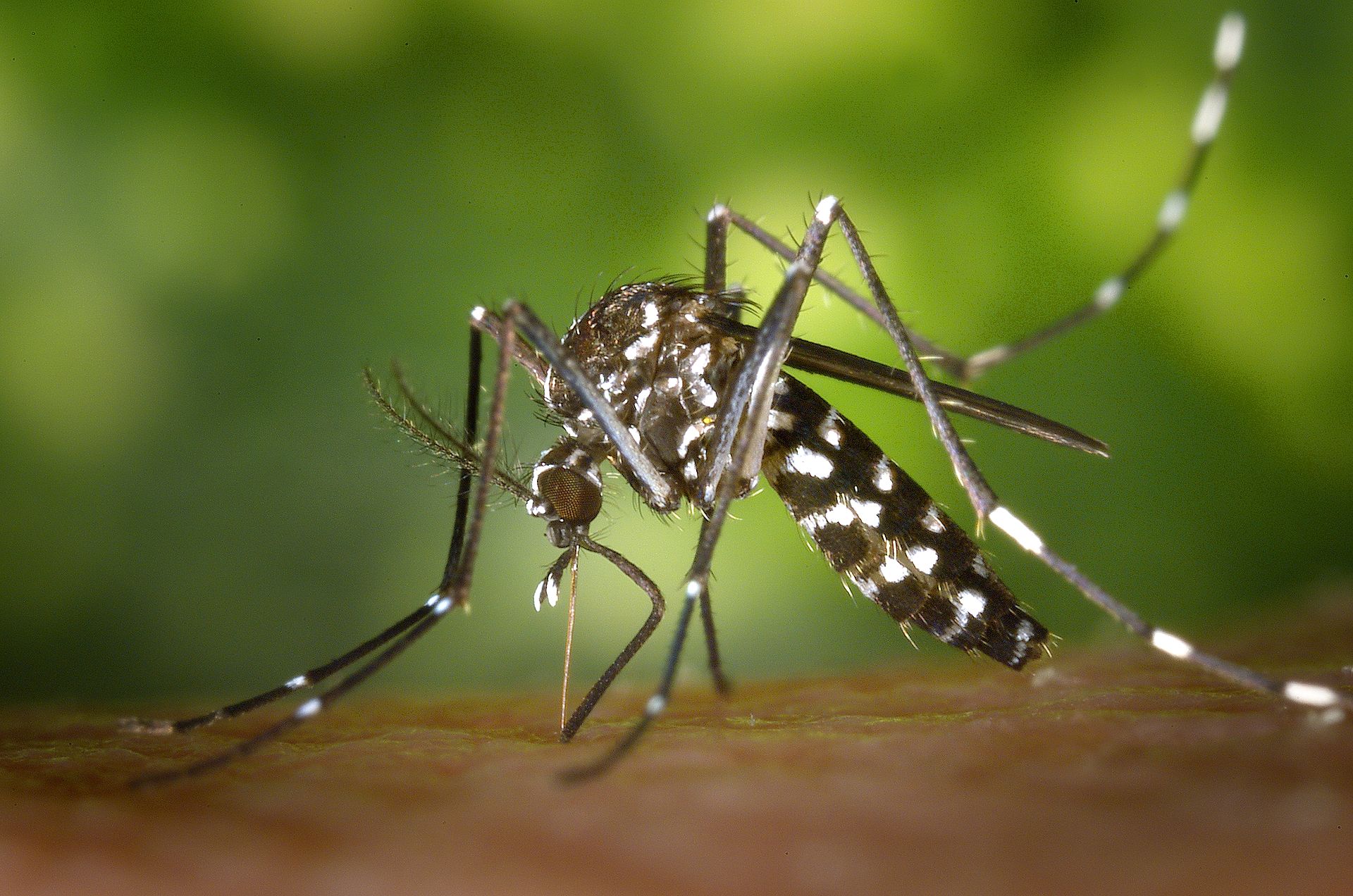
Aedes albopictus There are several ways to identify Asian Tiger mosquitos: black and white flecked bodies with a stripe down the back, the unusual habit of feeding during daylight hours, and until relatively recently, a tropical and subtropical distribution within Southeast Asia. Over past decades, however, the species has begun moving further afield, being stowed
-
Making Tracks. Pitching the Anthropocene: On Global Media Work and the World to Co

By: Dominic Hinde From around the age of 15, I think I had wanted to be a journalist, and in the pre-Amazon time before print publishing’s great data-driven reckoning I would go to the branch of the British book chain Waterstones in my local town and buy autobiographies and memoirs by foreign and war correspondents.
-
Making Tracks: Pitching the Anthropocene: On Global Media Work and the World to Come

By Dominic Hinde From around the age of 15, I think I had wanted to be a journalist, and in the pre-Amazon time before print publishing’s great data-driven reckoning I would go to the branch of the British book chain Waterstones in my local town and buy autobiographies and memoirs by foreign and war correspondents.
-
On Canoes, Pine Trees, and Volcanoes: The Importance of Eyewitness Observation in Environmental Journalism
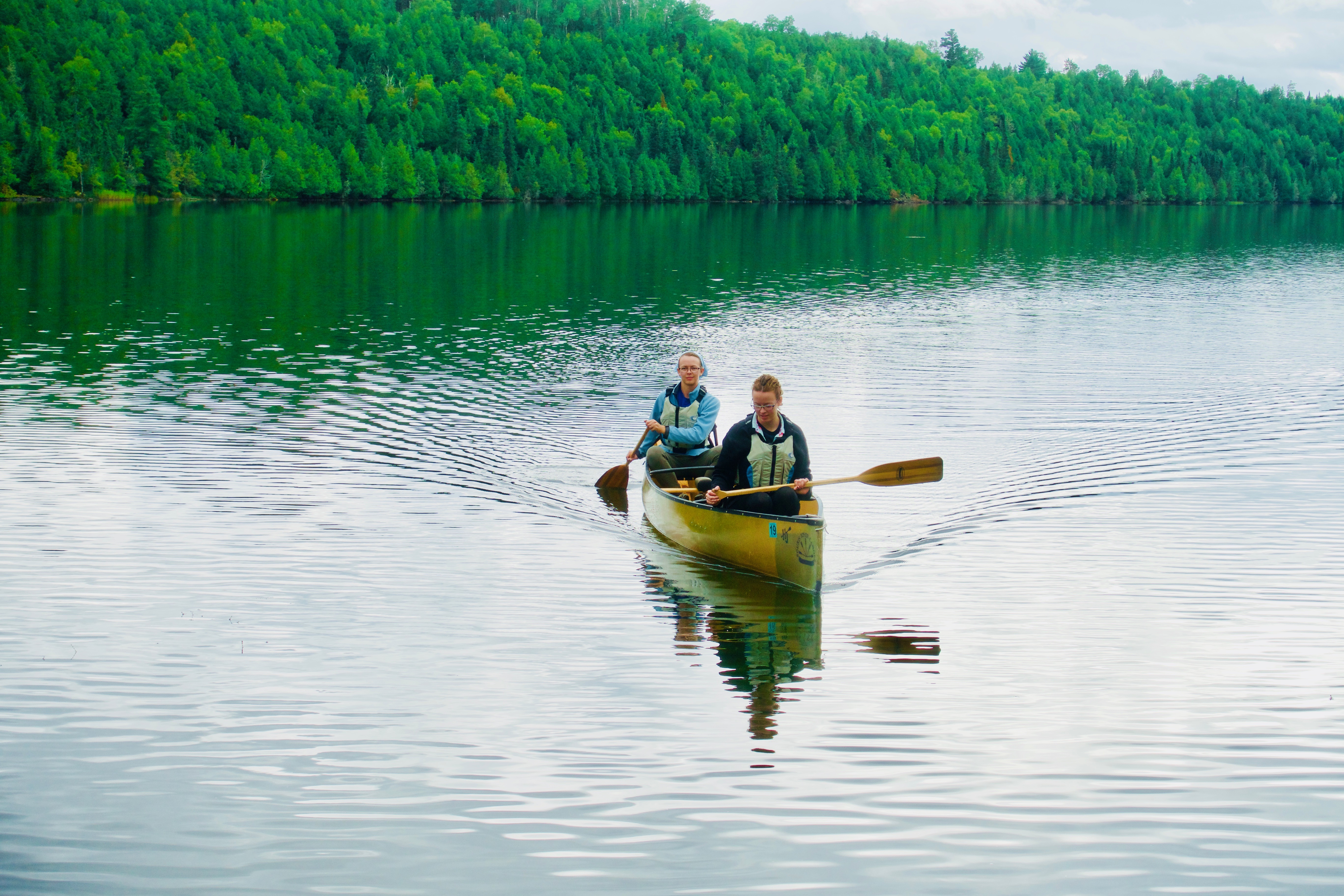
By: Mark Neužil There are three critical components of environmental journalism: observation, research, and description. Of the three, in my experience as a journalist and journalism teacher, eyewitness observation is the piece that is most likely undervalued and, in some cases, ignored altogether. Most journalists, by the time they get to a level in their
-
Picturing Complexity: Environmental Photojournalism in the Twentieth Century
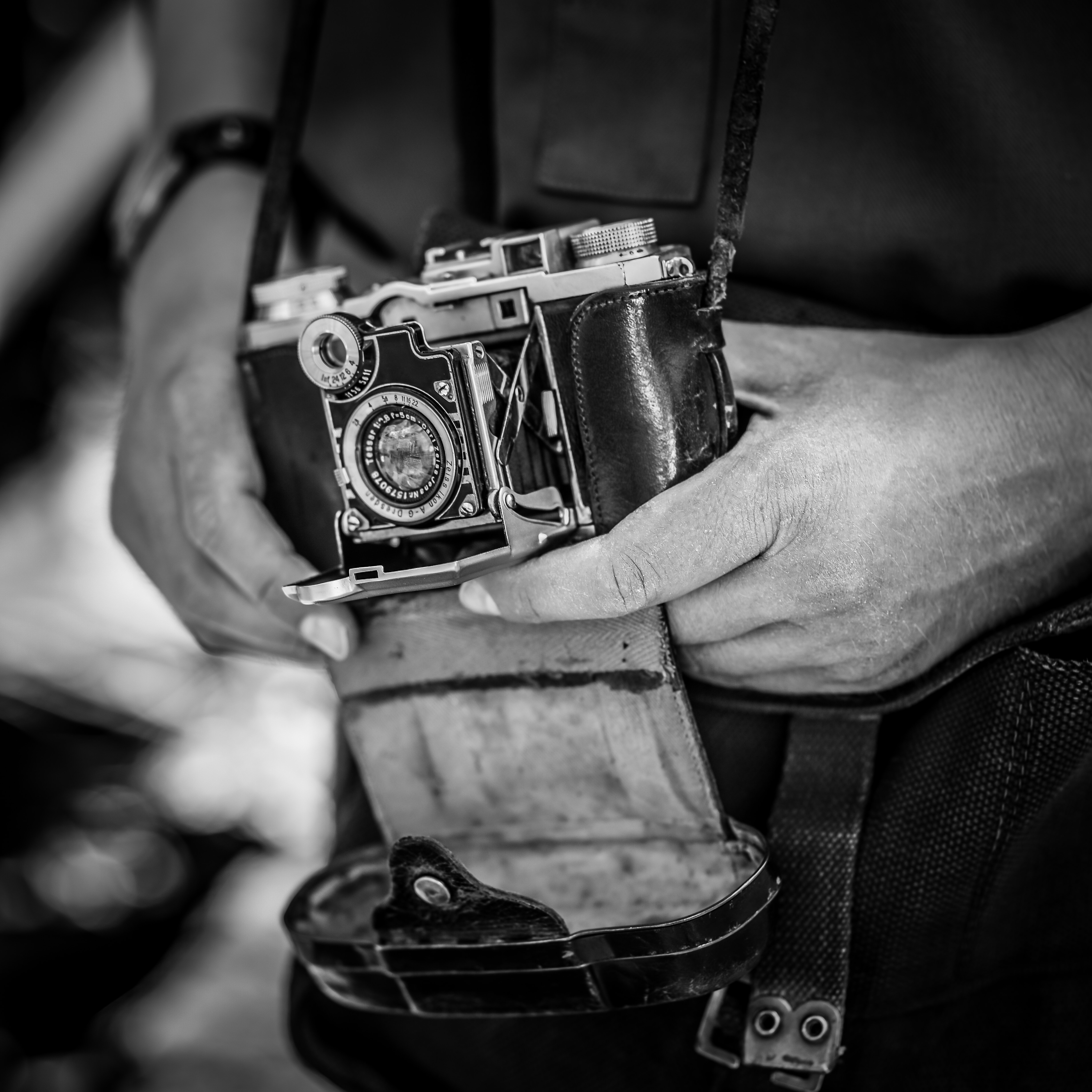
By: Anna-Katharina Woebse Ever since the invention of photography in the late nineteenth century, animals, plants, picturesque sites, sublime landscapes, and human interactions with the environment, have provided motifs that have captured many modifications of human-nature relations. Photography has fundamentally affected the way readers and viewers understand and learn about the dynamics and consequences of
-
Contested Ecologies: Munich

By: Clemens Hufeld Munich is a beautiful city that has much to offer. It has the Oktoberfest, one of the world’s largest urban fairs, surfers in the middle of the city, beautiful landscapes in its vicinity, and a long tradition of urban life. The city is shrouded in such a wonderful air of beauty that
-
Beyond Denial and Anger: How Journalists and Scientists can Collaborate for Better Communication

By: Rosalind Margaret Donald In the early months of 1999, the UK press traded headlines for and against the use of genetically modified crops. A circulation war had escalated to ecstatic heights, peaking in February with the Daily Express’s headline “MUTANT CROPS COULD KILL YOU.” Questioned a few months after the frenzy was over, in the